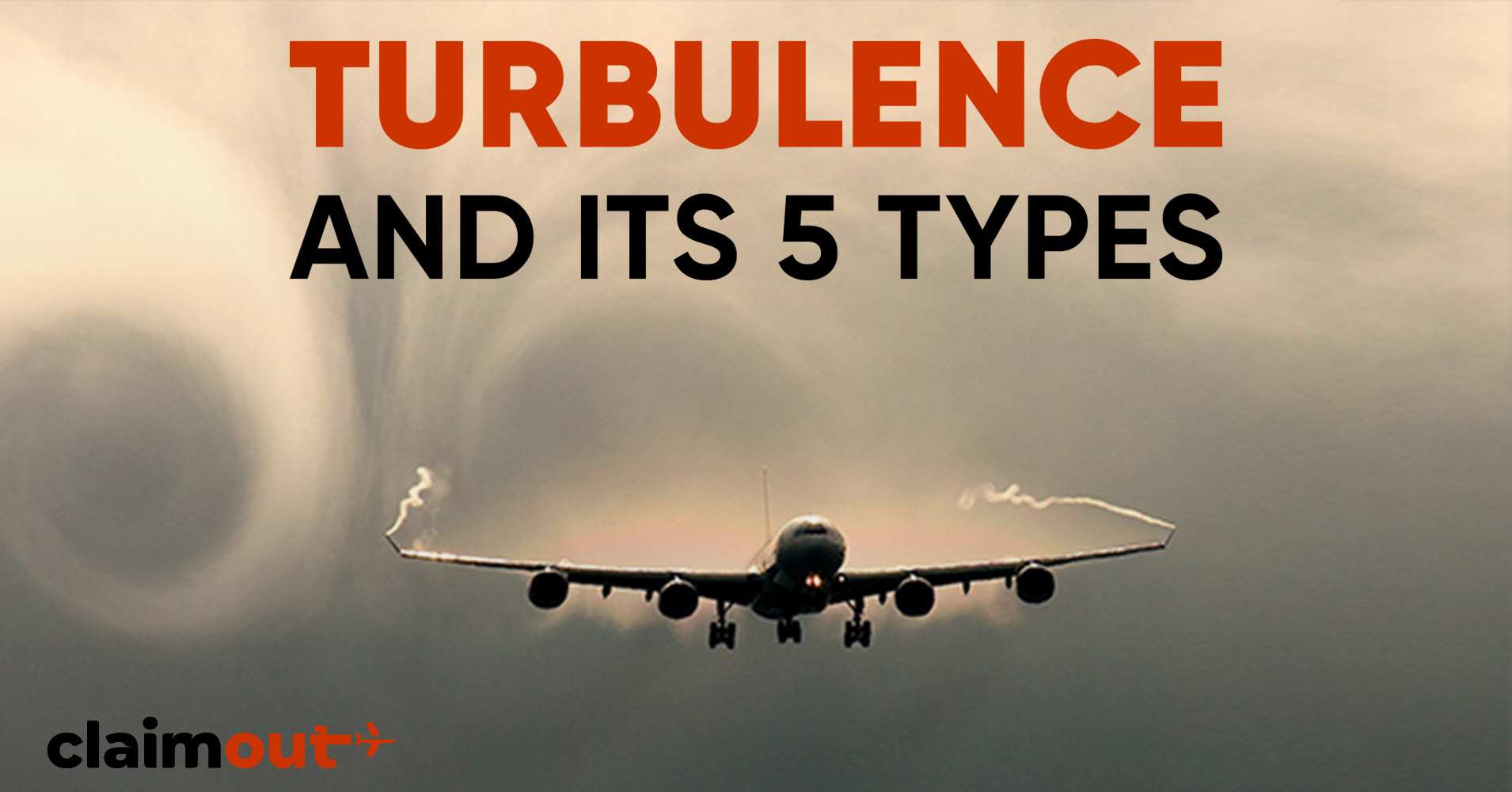Turbulence? Our Fears are in the Sky!

We all know that airplanes are the most reliable form of transport. Nevertheless, force majeure may occur during any flight, and the most unpleasant and alarming for many is turbulence. Experienced pilots know that no air hole or gust of wind can turn a plane or throw it in a tailspin. But still it’s pretty scary, so let's see what types of turbulence are there.
Light
Light – the plane is shaking slightly, sometimes the pilot does not even turn on the “fasten seatbelts” display.
Moderate
Moderate - it is difficult not to notice it, the “fasten your seatbelt” display will immediately light up and the flight attendants may limit their service.
Severe
Severe - pilots and crew meet such turbulence with confidence. It is easy to understand the level of severe turbulence - the plane shakes so much that it is impossible to eat or drink calmly, and all the things you have on your table might move. The crew stop their service. The pilot usually not only turns on an annunciator, but also asks passengers to take their places and buckle up.

Extreme
Extreme – the plane is shaking even more, and it becomes difficult to walk. Flight attendants are also asked to take their seats and buckle up.
An emergency turbulence is almost never encountered. Pilots and controllers know in advance about the difficult atmospheric areas and successfully avoid them.

 IT
IT

-small.jpg)
